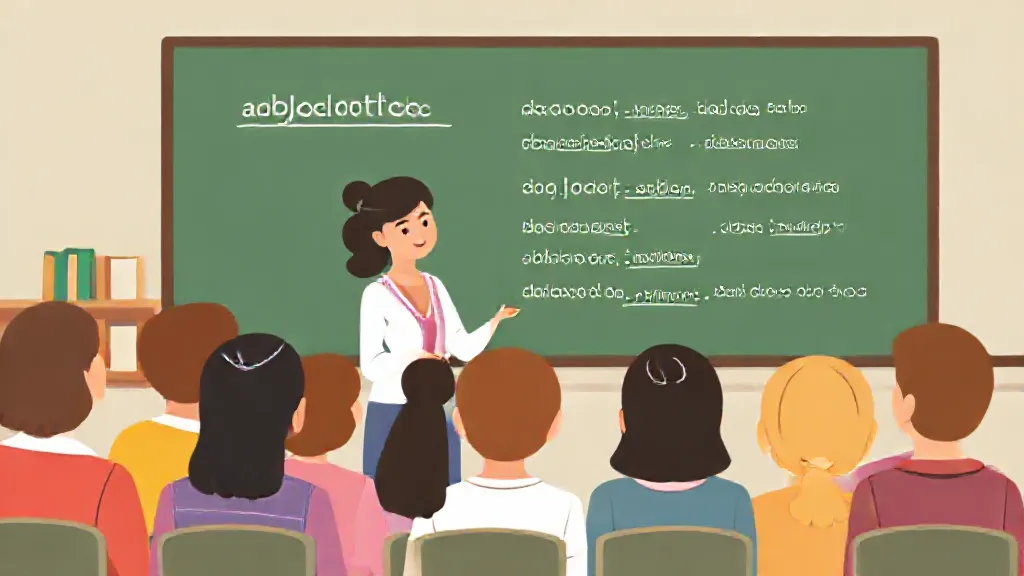Adjective clauses, also known as relative clauses, are essential components of English grammar that provide additional information about nouns. They can be challenging for learners of English due to their structure, function, and the subtleties involved in their use. Understanding why adjective clauses are difficult to master requires an exploration of their grammatical intricacies, the nuances of relative pronouns, and the impact of language transfer from a learner's native tongue.
Understanding the Structure of Adjective Clauses
Adjective clauses typically begin with a relative pronoun, such as "who," "whom," "whose," "which," or "that." These pronouns link the clause to a noun or pronoun in the main clause, providing essential or non-essential information. For example, in the sentence "The book that you lent me was fascinating," the clause "that you lent me" specifies which book is being discussed.
However, the challenge arises when learners must determine when to use each relative pronoun, as each serves a different purpose and is often dictated by the noun's role within the sentence.
The Role of Relative Pronouns
Relative pronouns can be particularly perplexing for non-native speakers. For instance, "who" is used for people, "which" for animals and things, and "that" can refer to both people and things.
Additionally, the distinction between "who" and "whom" often confuses learners, as "whom" is used in formal contexts and as the object of a verb or preposition. The incorrect use of relative pronouns can lead to misunderstandings and grammatical errors, making it crucial for learners to grasp their correct application.
Complex Sentence Structures
Adjective clauses can also create complex sentence structures that may overwhelm learners.
These clauses can be embedded within larger sentences, leading to confusion about the main clause and the subordinate clause's relationship. For example, "The teacher who assigned the project that I found challenging is very supportive" contains multiple layers of information, making it difficult for learners to parse the sentence correctly. This complexity can deter learners from using adjective clauses in their writing and speaking.
The Influence of Native Language
Language transfer plays a significant role in the difficulties associated with mastering adjective clauses. Learners whose native languages do not employ similar grammatical structures may struggle to comprehend or produce adjective clauses in English. For example, in some languages, relative clauses are formed differently or not used at all, which can lead to confusion and errors when learners attempt to apply English grammar rules.
Understanding these differences can help educators tailor their teaching methods to address specific challenges faced by learners.
Essential vs. Non-Essential Clauses
Another layer of complexity is the distinction between essential and non-essential adjective clauses.
Essential clauses provide crucial information necessary to identify the noun they modify, while non-essential clauses add extra information but can be omitted without altering the sentence's meaning. For instance, "The car that is parked outside is mine" (essential) versus "My car, which is parked outside, is red" (non-essential). Learners often struggle to identify these distinctions, which can lead to errors in punctuation and sentence clarity.
Practical Application in Writing
The practical application of adjective clauses in writing can also be a source of difficulty. Many learners may find it challenging to incorporate these clauses fluidly into their writing, leading to overly simplistic sentence structures. The ability to use adjective clauses effectively enhances writing by adding depth and detail, but the fear of making mistakes can inhibit learners from experimenting with more complex constructions.
Encouraging practice and providing constructive feedback can help alleviate this fear.
Strategies for Mastery
To master adjective clauses, learners should engage in targeted practice that includes both written and spoken exercises. Activities such as sentence combining, where learners merge simple sentences into more complex ones using adjective clauses, can reinforce understanding.
Additionally, exposure to authentic language use through reading and listening can help learners internalize the patterns and structures associated with adjective clauses. Grammar-focused lessons that clarify the use of relative pronouns and the distinction between essential and non-essential clauses are also beneficial.
Conclusion: Overcoming the Challenges
While mastering adjective clauses presents numerous challenges for learners of English, understanding their structure, function, and the influence of native language can significantly ease the learning process.
Through targeted practice, exposure to authentic language, and clear instruction, learners can develop the confidence and skills necessary to use adjective clauses effectively. Ultimately, the journey to mastering adjective clauses is one that enhances overall language proficiency and enriches communication skills.
